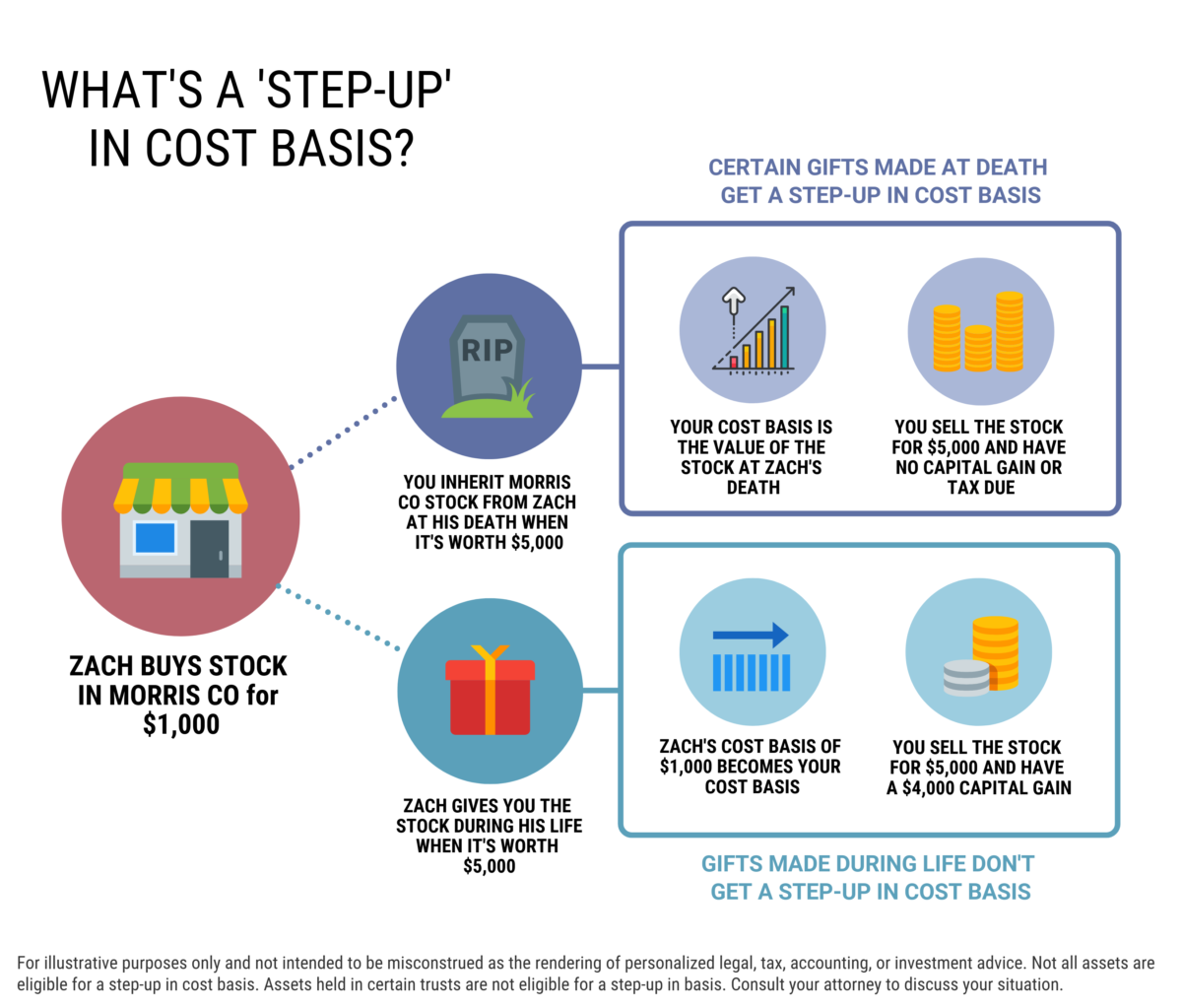
Should I Put My House in a Trust?
Why own a home in a revocable trust? There is one main reason to consider putting a house in trust: to avoid probate court. Although

Why own a home in a revocable trust? There is one main reason to consider putting a house in trust: to avoid probate court. Although

A step-up in basis is a tax advantage for individuals who inherit stocks or other assets, like a home. A stepped up basis can apply

Do I need a revocable living trust? Choosing whether to fund a trust with your assets is an important decision in the estate planning process.

Losing a parent is emotional. It can also be overwhelming for adult children when they’re the executor of the estate. Settling an estate is a

Updated for 2025. A spouse’s death can be an overwhelming and emotional experience. While it’s possible to organize financial documents ahead of time, there’s no

If you’re inheriting a trust fund, you likely have questions about how the distribution payouts to beneficiaries work and the tax implications. While general information

Revocable or living trusts play an important role in many estate plans. Married couples utilizing trusts in their estate plan need to consider if it’s


Estate planning discussions are seldom had between loved ones. And understandably so; asking your spouse or parents to discuss their mortality isn’t exactly a conversation


Although many Americans are familiar with the broad concept of a trust, there are numerous misconceptions about what they are, who they’re for, and the



What is probate and why should you try to avoid it? Whether an inheritance will go through probate or bypass the process will depend on the